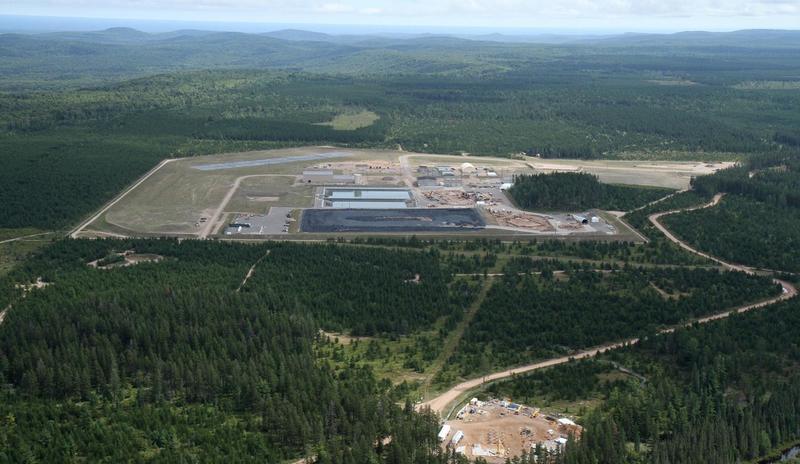Michigan Potash Co. has been approved by state regulators to extract more than 725 million gallons of Michigan water per year as part of the preparations to mine a rich deposit of potash southwest of Evart. This translates into the use of roughly 1.98 million gallons of water per day in a proposed solution mining operation. The mine would use the fresh water to create a hot brine that dissolves potash underground. The $700 million mine project’s approved water withdrawal would be higher than the quantity Nestle Waters North America plans to extract from the same watershed by more than three times.
Mark Snow, a permit supervisor, commented that there has not been much public input on the injection wells. “We’ve only really had a handful of comments,” he said, adding that “I say less than six. About half are in support and have that have concerns.” The Michigan company is in final permitting stages for the potash project, which began in 2013 after it had discovered mineral-rich drilling core samples housed at the Michigan Geological Survey warehouse at Western Michigan University.
The Environmental Protection Agency approved the mining and injection well permits in 2016 and 2017. The project has not been extensively reported on, and it is mostly known within industry circles and the local area as the local residents are discussing potential economic benefits and the environmental risk. Potash mining is, however, not new to the area. There is another salt solution mining operation that formerly produced potash. The newly developed project is estimated to be worth around $65 billion. Theodore Pagano, the owner of Michigan Potash Co, says that it is the purest potash vein in North America, maybe even in the world.




